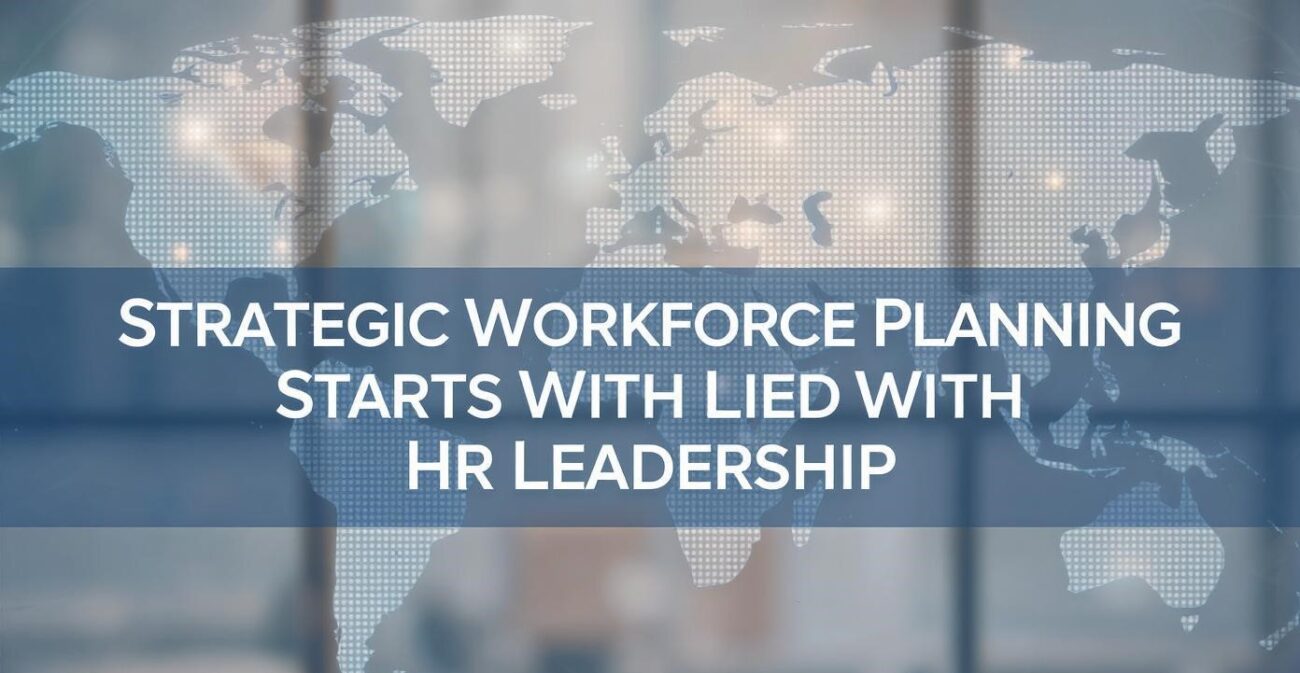As the global economy embraces rapid change and digital transformation, businesses are compelled to invest more deeply in their people. At the forefront of this investment is Human Resources. The Role of HR in Employee Development and Workforce Growth is no longer a peripheral responsibility—it is the foundation of sustainable competitive advantage.
Forward-thinking companies are relying on HR not just to hire or manage benefits, but to build an adaptive, skilled, and engaged workforce that fuels innovation and long-term success.
Redesigning HR Around Continuous Learning
Learning is no longer confined to annual workshops or isolated training events. In today’s knowledge economy, continuous learning is critical. The Role of HR in Employee Development and Workforce Growth includes cultivating a culture that values learning as a daily discipline.
HR is responsible for deploying platforms that support microlearning, on-demand courses, and mobile-accessible content. These resources make learning more agile and responsive to real-time business needs. Personalized development tracks ensure relevance for each employee.
Driving Personalized Development Through Talent Insights
The availability of talent analytics has transformed HR’s ability to personalize development initiatives. The Role of HR in Employee Development and Workforce Growth increasingly involves using data to understand how individuals learn best, what motivates them, and where they are most likely to succeed.
Talent insights help HR craft role-specific development journeys and match employees with mentors, projects, and resources that align with their goals. These custom strategies improve engagement and fast-track skill acquisition.
Enhancing Business Outcomes with Skills Alignment
Business growth hinges on having the right skills in the right roles. The Role of HR in Employee Development and Workforce Growth includes aligning skill-building programs with organizational goals.
HR works closely with department leaders to forecast future capabilities, identify skill gaps, and integrate development into strategic planning. This ensures that learning investments lead to measurable improvements in output, efficiency, and customer value.
Strengthening Manager Capabilities for Team Development
Managers are the closest connection employees have to the organization’s growth vision. That’s why The Role of HR in Employee Development and Workforce Growth includes empowering managers to become development champions.
HR must equip managers with tools, templates, and training to facilitate one-on-one coaching, career conversations, and skill assessments. When managers are accountable for their team’s growth, the development strategy becomes more embedded and effective.
Creating a Robust Feedback and Recognition Culture
Ongoing feedback and recognition drive improvement. As part of The Role of HR in Employee Development and Workforce Growth, HR must establish frameworks where constructive feedback is normalized, and achievements are celebrated.
Recognition systems—such as digital badges, peer-to-peer rewards, and public acknowledgments—reinforce desired behaviors. Meanwhile, regular feedback loops support accountability and help employees stay aligned with their growth objectives.
Building Bridges with Mentorship and Coaching Programs
Mentorship is a proven method to accelerate development. HR departments that prioritize mentorship programs directly contribute to employee growth. The Role of HR in Employee Development and Workforce Growth includes establishing formal coaching frameworks that promote learning through real-life experience and guidance.
These programs benefit both mentors and mentees by promoting knowledge transfer, leadership development, and cross-generational collaboration.
Driving Organizational Change Through Upskilling
Transformation requires new skills. Whether an organization is moving to the cloud, launching a new product, or entering a new market, its success relies on the workforce’s readiness. HR plays a pivotal role here.
The Role of HR in Employee Development and Workforce Growth includes launching reskilling programs to support digital adoption, business expansion, or process change. HR’s agility in implementing these initiatives determines how effectively the workforce can adapt.
Creating Clear Career Roadmaps and Internal Advancement
Employees want to see a future in their organization. HR is responsible for designing career paths that provide clarity, motivation, and purpose. The Role of HR in Employee Development and Workforce Growth includes creating visual growth maps and communicating advancement criteria.
This transparency enhances retention, drives internal promotion, and fosters a sense of belonging. Employees who see their next steps are more likely to stay, perform, and aspire.
Developing Inclusive Growth Practices
Inclusion must be integrated into development planning. The Role of HR in Employee Development and Workforce Growth requires inclusive practices that support diverse talent. HR ensures equity in training access, learning formats, and leadership visibility.
From unconscious bias training to targeted sponsorship programs, inclusive development empowers every employee to reach their full potential.
Harnessing Technology for Scalable Workforce Development
Digital tools enable scalable and impactful learning experiences. HR uses learning management systems (LMS), AI-based coaching apps, and virtual reality simulations to scale training across the enterprise.
The Role of HR in Employee Development and Workforce Growth is enhanced by tech that reduces cost, improves engagement, and supports remote or hybrid workforces. These tools ensure development is no longer limited by geography or availability.
Read Full Article : https://businessinfopro.com/the-role-of-hr-in-employee-development-and-workforce-growth/
About Us: Businessinfopro is a trusted platform delivering insightful, up-to-date content on business innovation, digital transformation, and enterprise technology trends. We empower decision-makers, professionals, and industry leaders with expertly curated articles, strategic analyses, and real-world success stories across sectors. From marketing and operations to AI, cloud, and automation, our mission is to decode complexity and spotlight opportunities driving modern business growth. At Businessinfopro, we go beyond news—we provide perspective, helping businesses stay agile, informed, and competitive in a rapidly evolving digital landscape. Whether you’re a startup or a Fortune 500 company, our insights are designed to fuel smarter strategies and meaningful outcomes.
